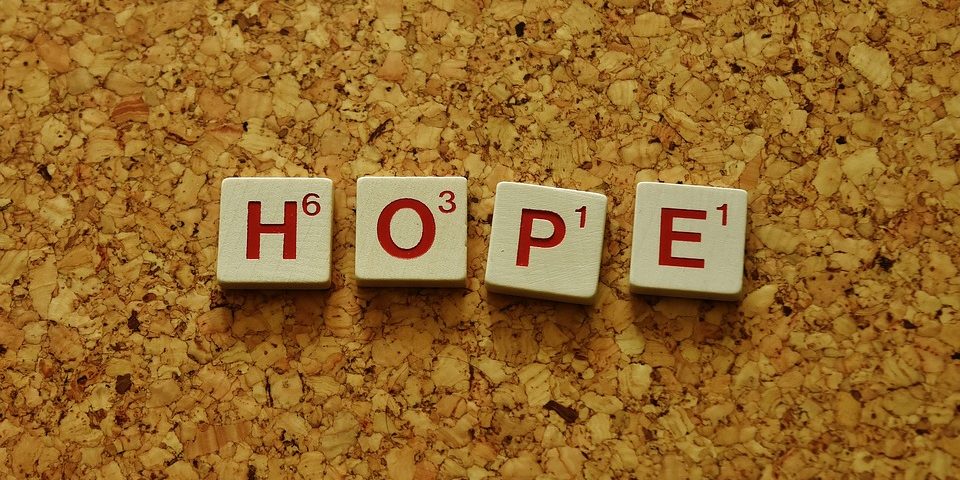Can we imagine enemies as friends, or an addict who’s finally free? What about your husband, your wife, your own hard heart? Can you imagine these surprisingly new? What about us? Can we imagine ourselves beautifully better, different? Can we conceive it? Is it even sensible to try, to ask these questions of hope?
Hope is the inverse of cancel culture. It’s when the wearers of pink hats and red hats talk, embrace and throw those silly things away. It’s when black folk and white folk talk in crying penance and justice and begin to imagine a whole new world. It’s when LGBTQ folk and those who don’t know what to make of it discover each other’s sacred humanity.
It’s learning from mistakes, not ruining the mistaken. “I’m sorry.” “I forgive you.” “Help me understand.” That’s hope, nothing extraordinary at all. It’s just simply the everyday willingness to begin again and let others begin again too. A form of love of neighbor, hope is all the second chances we give each other.
Hope is a gift of the Hebrews’ God. Way back in the misty beginnings of us, seeing our self-inflicted misery and violence, he said, “I am sorry that I have made them.” Yet he didn’t give up, didn’t wipe us out. Rather what came was the flood, the baptism of the earth, another shot. And not the last shot either, as history shows, as today reveals. For God still hasn’t given up, at least as long as we breathe, as long as some still talk about him, as long as lives change.
Never giving up because God didn’t give up on us, it’s the creative moral power of that thing we call redemption.
But even if you don’t believe our stories: Risk hope anyway, imagine redemption anyway. With grit, against ordinary sense and despair, risk hope. Give the worst another chance. Imagine the worst, not remade in your image, but different at least, a friend. Small things, little acts of hope, risk them. Because that’s all that’s needed to remake the world: people risking hope, for the worst, for us.
This column originally appeared in the Dallas Morning News.










